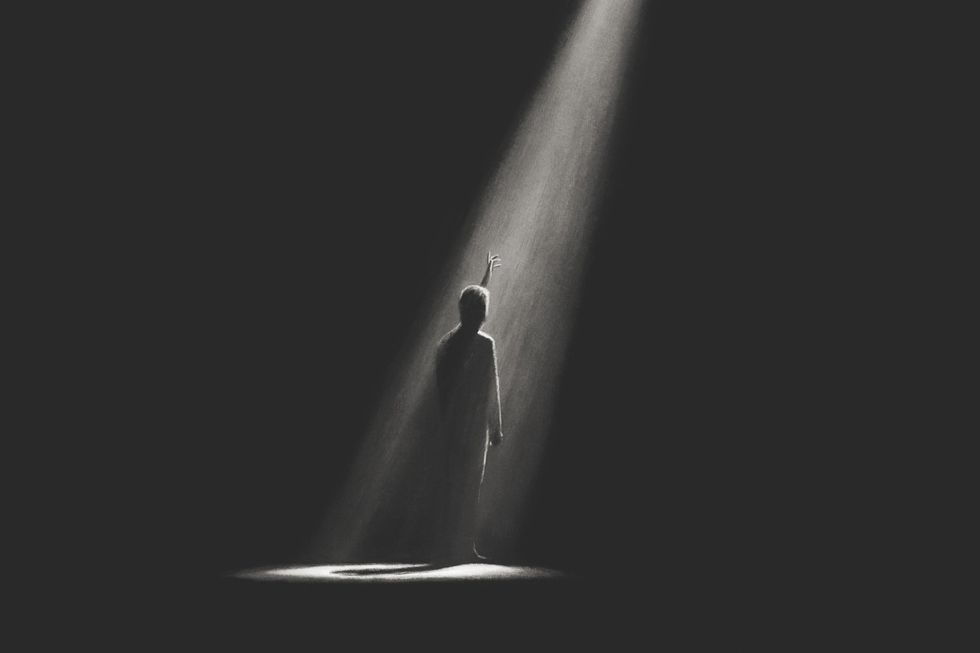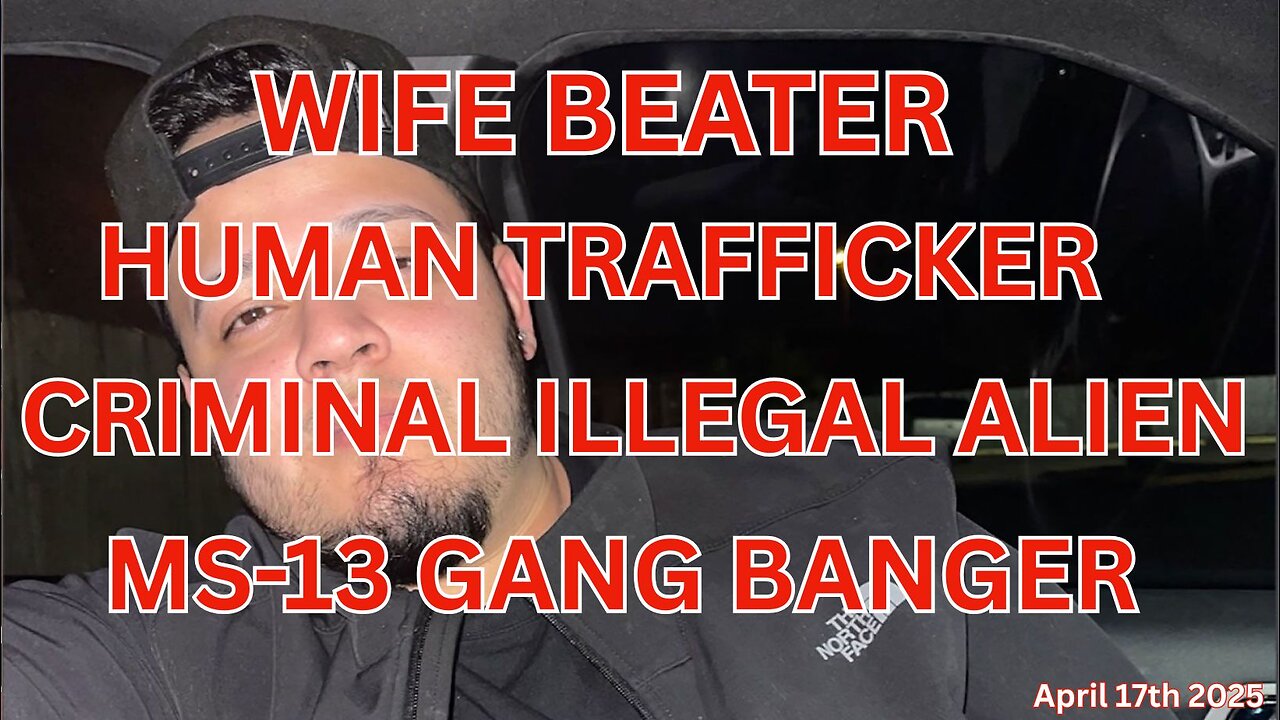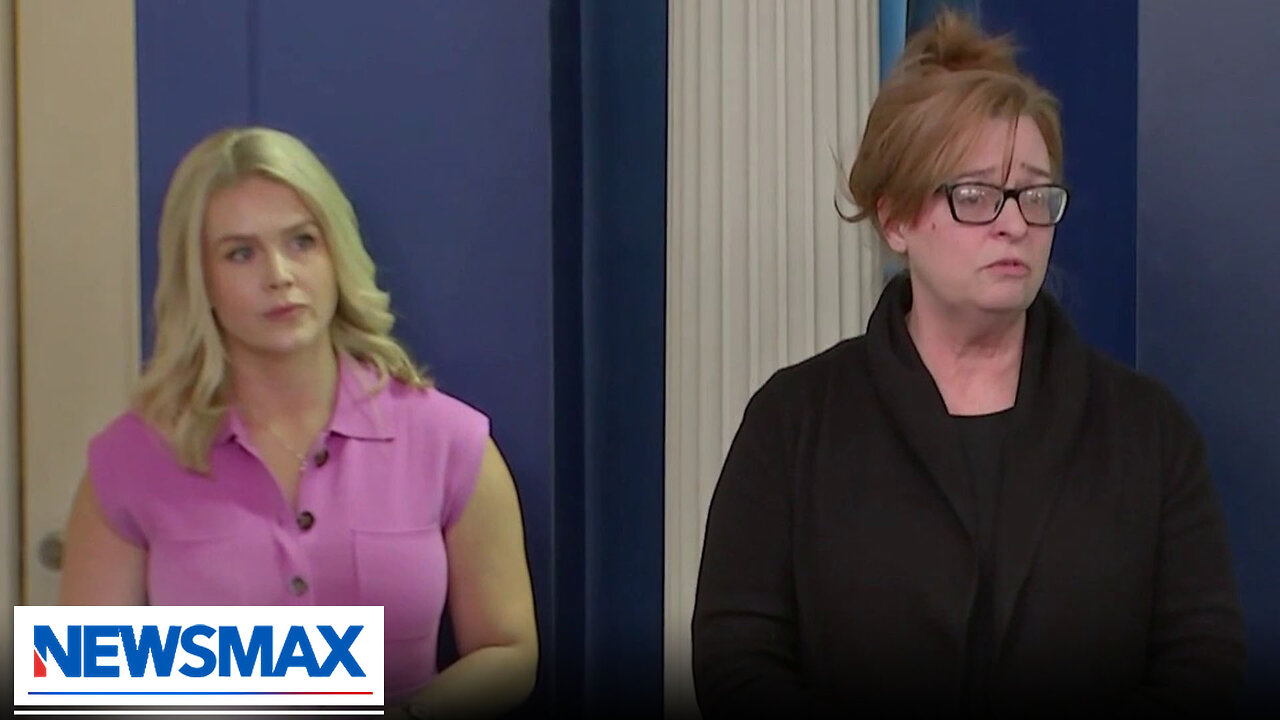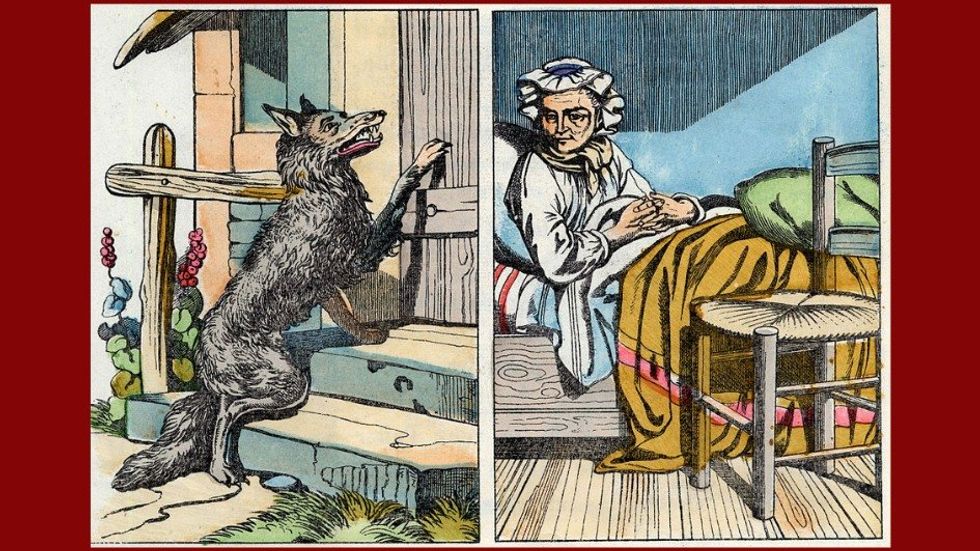More women seeking elective, government-assisted suicide than men, as euthanasia in Canada rises 16% in 1 year
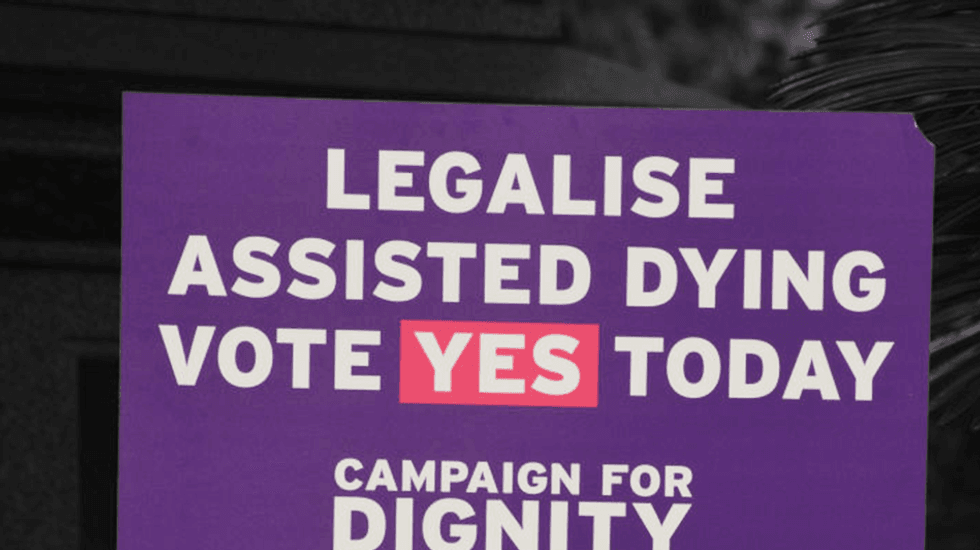

A document on government-assisted suicide in Canada has revealed a 15.8% increase in euthanasia, year over year.
Medical Assistance in Dying, known as MAID, has become one of the leading causes of death in Canada since being legalized in 2016.
'It is not yet possible to make reliable conclusions.'
The federal government of Canada has since announced that in 2023, there were a total of 15,343 people who were killed by the state. Additionally, over 2,900 people died before they received the government service, while 915 requests were deemed ineligible, and nearly 500 people withdrew their request during processing.
This near-16% increase showed a decline from the 31% growth the program had seen between 2019 and 2022. However, the government document admitted, "It is not yet possible to make reliable conclusions about whether or not these findings represent a stabilization of growth rates over the longer term."
There also exists unanswered questions regarding the demographics of who is seeking state-sanctioned suicide.
Assisted suicide categories
Under the government program, suicide requests are separated into two different "tracks."
"Track 1" refers to those who meet the eligibility criteria set out by the government and are deemed as having a natural death that is "reasonably foreseeable."
Patients are put in "Track 2" when they meet the eligibility criteria set out by the government but are deemed not to have a "reasonably foreseeable" natural death.
Track 2 made up 4.1% of the assisted deaths in 2023, equating to 622 people who received help from the government to die even though their death was unlikely to happen otherwise.
Women were overrepresented in this category at a rate of nearly six out of 10 (58.5%), despite men being the majority of those who have MAID requests overall (51.2%).
For Track 1, 13.9% of MAID recipients are under 65 years old, which represents over 2,000 younger people who were deemed terminally ill.
Canada's rules for MAID eligibility require recipients to be over 18 years old and be "mentally competent."
This age requirement is not matched in every country, especially the Netherlands, where assisted suicide eligibility extends to infants as well. Terminally ill children aged 1-12 can be killed by the state in that country.
“The end of life for this group is the only reasonable alternative to the child’s unbearable and hopeless suffering,” the Dutch government said in 2023, per the Guardian.
In 2002, the Netherlands became the first country to legalize euthanasia nationally, and in 2014, Belgium became the first country to allow children to kill themselves.
Like Blaze News? Bypass the censors, sign up for our newsletters, and get stories like this direct to your inbox. Sign up here!
Originally Published at Daily Wire, Daily Signal, or The Blaze
What's Your Reaction?
 Like
0
Like
0
 Dislike
0
Dislike
0
 Love
0
Love
0
 Funny
0
Funny
0
 Angry
0
Angry
0
 Sad
0
Sad
0
 Wow
0
Wow
0


